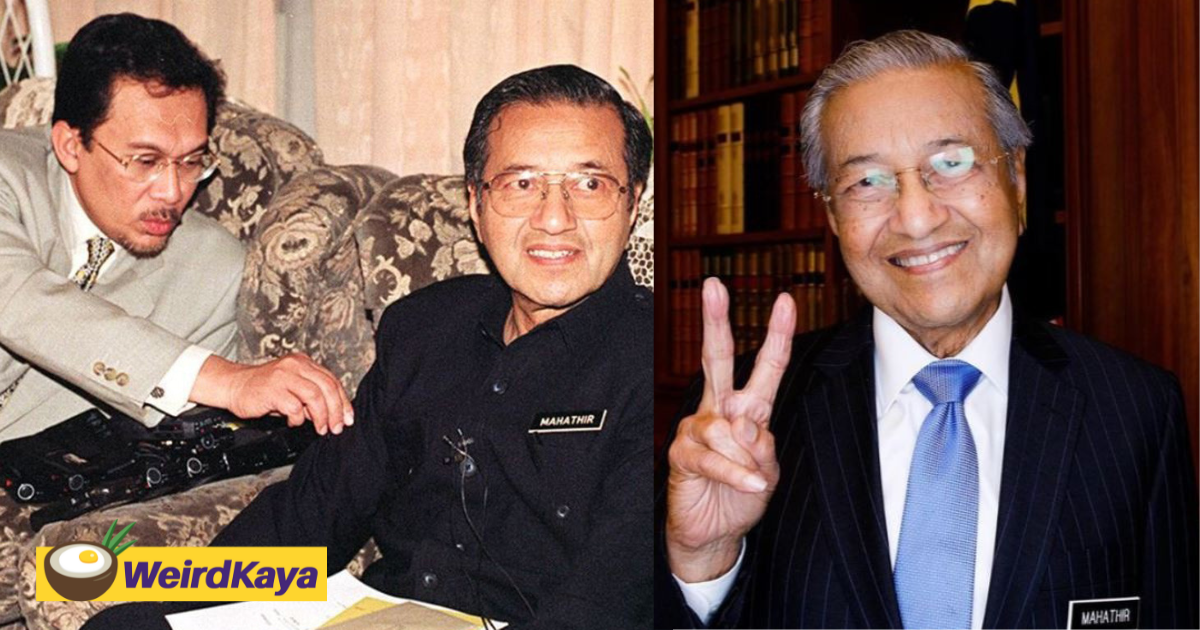In a recent episode of the ‘Keluar Sekejap’ podcast, the complex political landscape of Malaysia was unraveled, focusing on the intricate relationship between two of the country’s most prominent politicians, Tun Dr. Mahathir Mohamad and Datuk Seri Anwar Ibrahim.
Dr. Mahathir, a figure who twice ascended to the role of Prime Minister, and Anwar, a two-time Finance Minister under Mahathir’s leadership, have long been central to Malaysia’s political narrative.
GE14 aftermath and leadership expectations
The dynamic between these two leaders came into sharp focus following the contentious aftermath of the 14th General Election (GE14), where Pakatan Harapan (PH) emerged victorious.
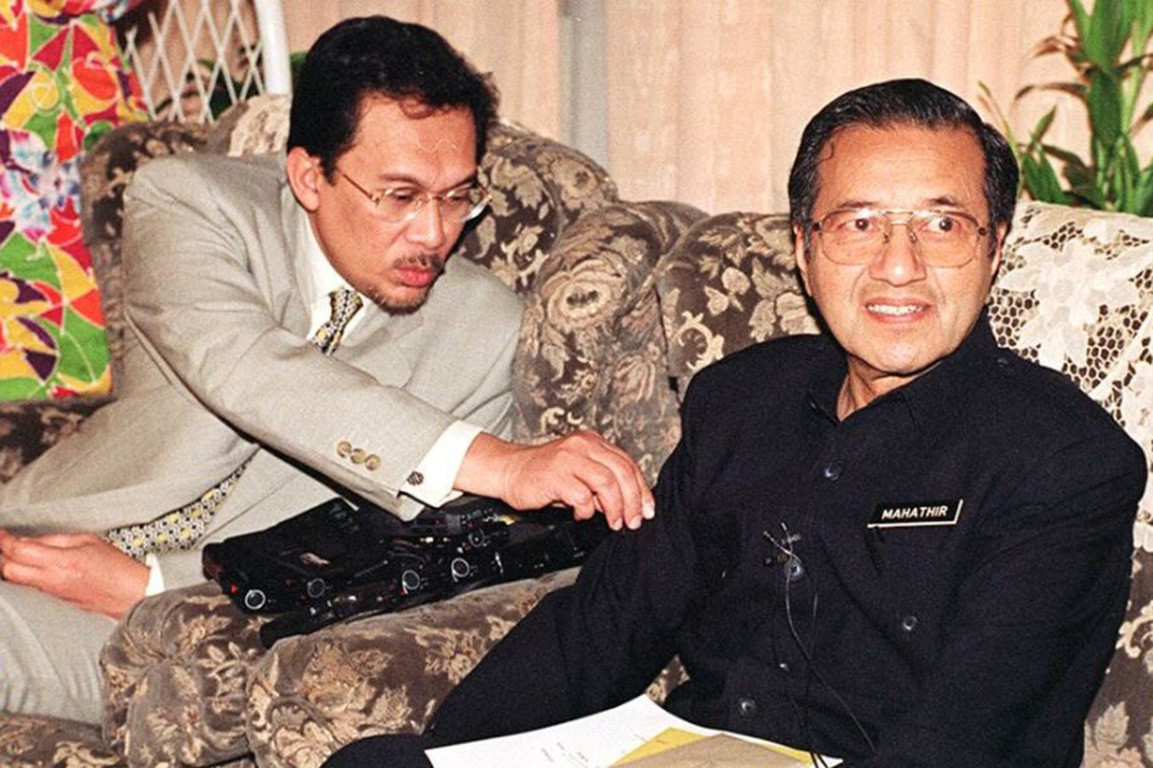
Contrary to expectations, Mahathir did not appoint Anwar as Prime Minister, sparking widespread speculation and debate.
In the podcast, hosted by Khairy Jamaluddin and Shahril Hamdan, Dr. Mahathir clarified his stance.
He acknowledged a prior commitment to cede the Prime Minister’s post to Anwar during the PH’s tenure as the federal government.
‘I made a promise and intended to keep it‘
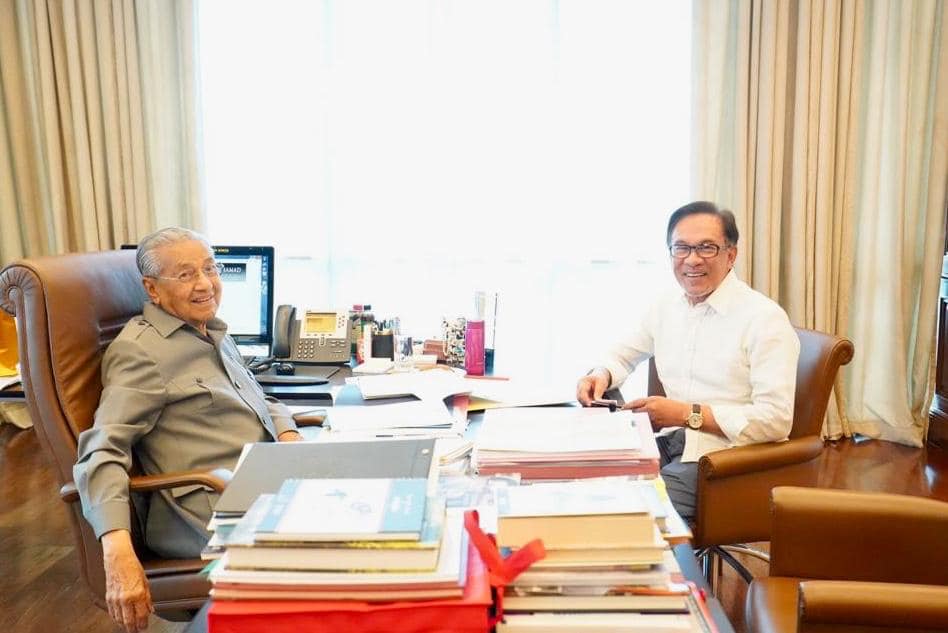
“I made a promise and intended to keep it,” he stated, explaining that the coalition had initially decided upon his temporary leadership to eventually pave the way for Anwar.
However, Mahathir’s plans were thwarted by the political maneuver known as the “Sheraton Move.”
The fall of Pakatan Harapan
This strategic play in February 2020 led to the collapse of the PH government, with Mahathir’s own party losing its majority.
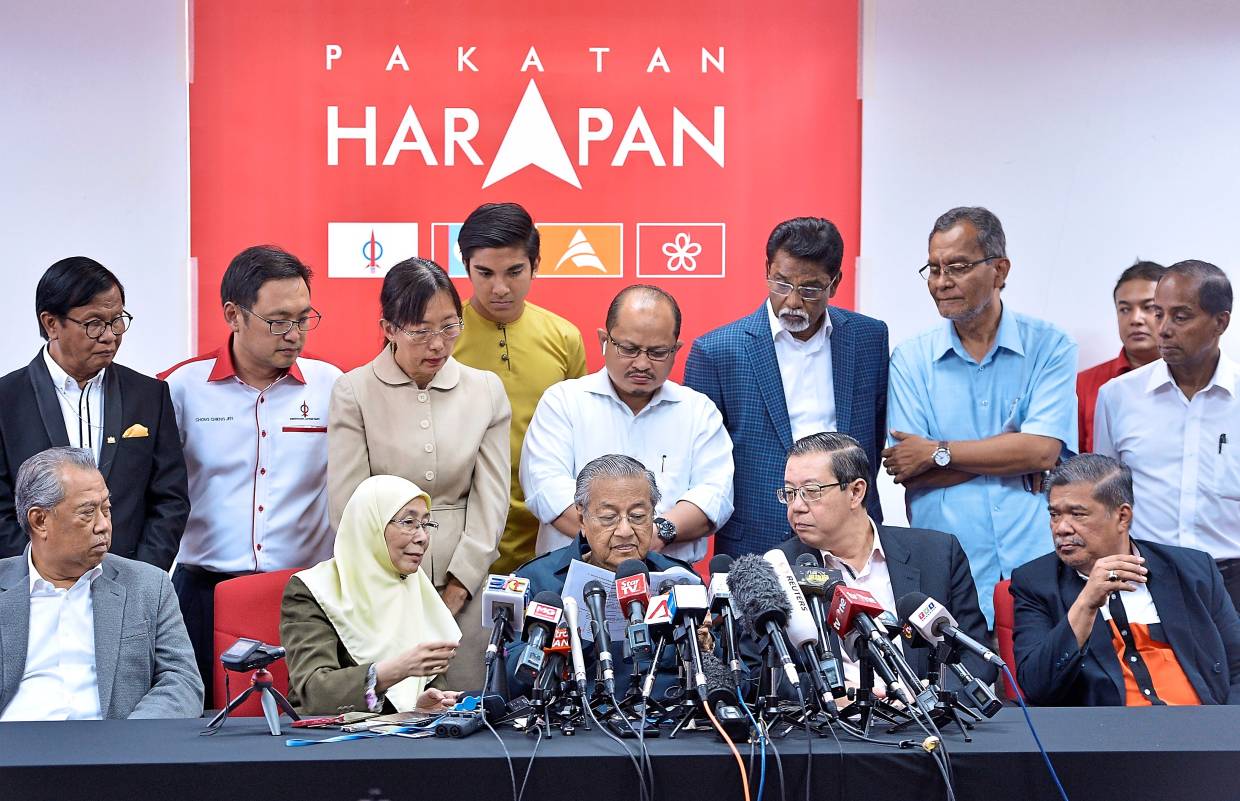
“Even if I wanted to pass the leadership to Anwar, it became impossible after the Sheraton Move,” Mahathir remarked, highlighting the political intricacies that impeded his intentions.
The Sheraton Move saw the exit of Bersatu, led by Tan Sri Muhyiddin Yassin, and 11 PKR MPs from the PH coalition, dramatically altering the country’s political landscape.
Mahathir’s resignation and interim leadership
Mahathir resigned in the wake of these developments, later serving briefly as interim Prime Minister.
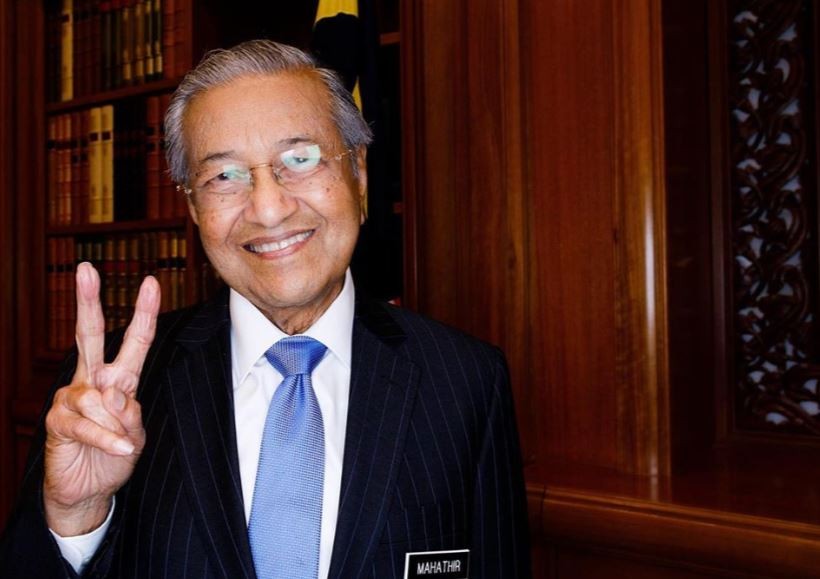
His proposal for a unity government, inclusive of all parliamentary parties, was ultimately rejected.
The political saga culminated with the Yang di-Pertuan Agong’s announcement that Muhyiddin had secured the majority support in the Dewan Rakyat, leading to the formation of the Perikatan Nasional (PN) Government.
This new coalition brought together Bersatu, Barisan Nasional (BN), PAS, Gabungan Parti Sarawak (GPS), and Parti Solidariti Land Airku (STAR) from Sabah.
You can watch the full clip here:


